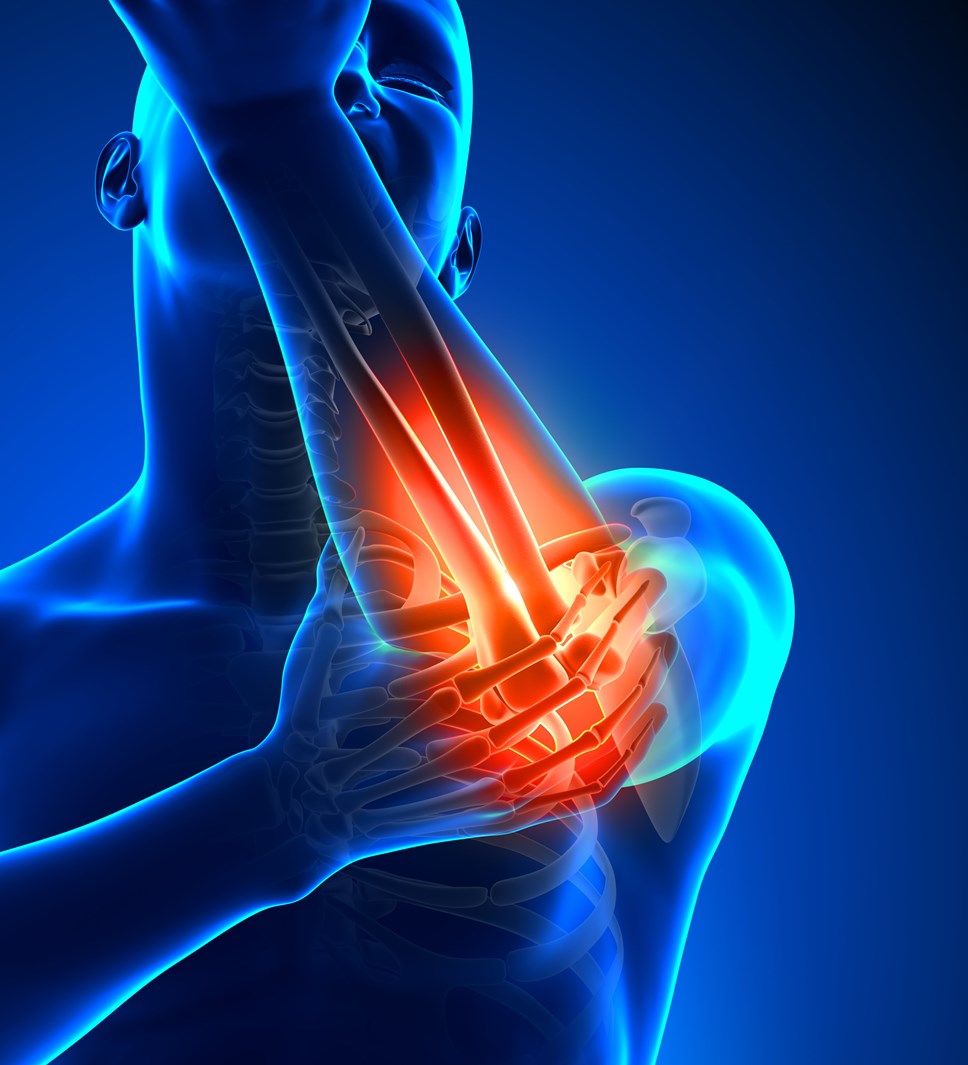
Scottish Investment Bank case study: Causeway Therapeutics
A chance discovery in the lab is set to become a new treatment for tendon disease because of early input from Scottish Enterprise (SE) and the Scottish Investment Bank (SIB).
Causeway Therapeutics is a spin-out from the University of Glasgow. The company is developing a novel approach to treating damaged tendons, applicable to both humans and animals.
Funding and business support at just the right points means Causeway is now working towards having their first products to market in the next three to five years. This is a rapid development lifecycle for any pharmaceutical product.
A radical method for treating tendon disease
Causeway Therapeutics’ discovery provides a new way of treating tendon damage. These common soft tissue injuries account for 30% to 50% of all sporting injuries. Currently the best treatment remains physiotherapy which is only successful in 50% of cases.
Working in the university lab, co-founders Dr Derek Gilchrist and Mr Neal Millar made a breakthrough. They discovered a molecule which plays a key role in regulating the production of collagens. These are the proteins that give tendons their strength.
Grasping the opportunity
The partners were quick to recognise the commercial possibilities of their discovery and approached Scottish Enterprise at an early stage.
Derek comments, “We knew from the first day that we wanted to commercialise our discovery, but we needed both funding and business support.
“Put simply Causeway Therapeutics would not exist at all if it wasn’t for the support that we’ve had from SE.
“In 2015, we were successful in obtaining £603,000 from the High Growth Start-up Programme. This allowed us to create our drug, TenoMiR, which specifically targets the key pathological features of tendon disease.
“We also used the funding to test the new drug in the gold-standard clinical model of the disease. The results of this study showed that a single injection of TenoMiR significantly improved tendon healing. And this proof of concept data was essential to attract the investment necessary to develop TenoMiR therapy.
“While the proof of concept work was going on I also joined the High Growth Venture Programme. This gave me the opportunity to take part in Scottish Enterprise's business masterclasses. Along with one-to-one mentoring this has been crucial in allowing me to the step into the role of CEO. Coming from an academic background I had no previous business experience. Learning about leadership, finance and entrepreneurship from the team of experts at SE has been invaluable.”
Ready for investment
These key pieces of input from SE helped Causeway reach the point where they had conclusive evidence that their therapy worked.
This in turn enabled them to attract investment from Mediqventures, an American biotech investment company. SIB and Mediqventures became co-investors, providing £1m in 2017 to enable Causeway to drive forward to testing their drugs.
Recognising the success of Causeway’s team over the last year, Mediqventures and SIB have now invested a further £1m. This will fund TenoMiR’s first human clinical trial.
Next steps
Commenting on the journey so far Kerry Sharp, head of SIB, said, “Scottish Enterprise, through the SIB, is delighted to be co-investing with Mediqventures to help the company commercialise.
“We have supported Causeway Therapeutics through our High Growth Ventures Programme to help with company formation, research and now investment. We look forward to working alongside Causeway to help it achieve its potential, in Scotland and internationally.”
Derek Gilchrist concludes, “We are focused on taking TenoMiR to market approval and developing the other promising therapies in our pipeline. This means we are very much in this for the long term. Our goal is to grow Causeway into the world's leading developer of therapies for musculoskeletal diseases.”
